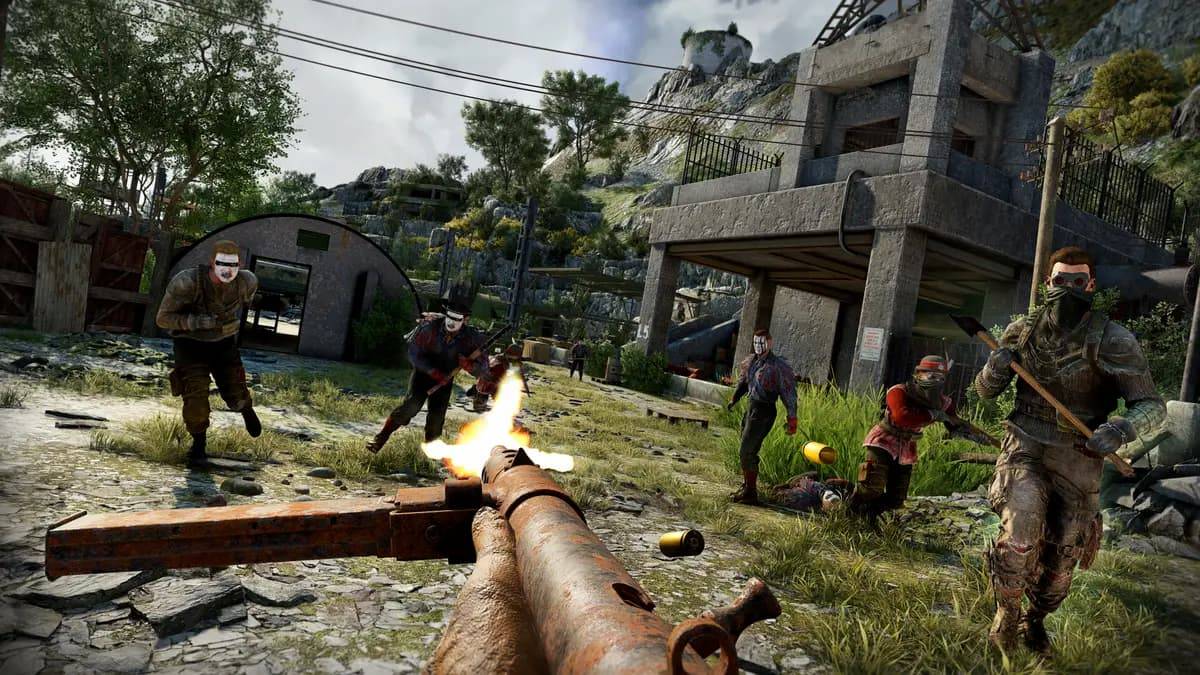
GameStop's Silent Store Closures Spark Concern
GameStop is quietly shuttering numerous US stores, leaving customers and employees reeling. The closures, largely unannounced, represent a significant downturn for the once-dominant video game retailer. Social media platforms are buzzing with reports from shocked customers and disgruntled employees, painting a concerning picture of the company's future.
The world's largest brick-and-mortar video game retailer, GameStop (formerly Babbage's), boasts a 44-year history. From its humble beginnings in a Dallas suburb in 1980, backed by Ross Perot, it expanded to over 6,000 global locations by 2015, generating approximately $9 billion in annual revenue. However, the past nine years have witnessed a dramatic decline, largely attributed to the shift towards digital game sales. By February 2024, GameStop had reduced its physical footprint by nearly one-third, with approximately 3,000 remaining US stores, according to ScrapeHero.
Following a December 2024 SEC filing hinting at further closures, a wave of reports flooded social media platforms like Twitter and Reddit. Customers expressed dismay, citing the loss of convenient, affordable gaming options. Employees also voiced concerns, with one Canadian employee citing "unreasonable targets" amidst store closure assessments.
The Ongoing Closure Trend
The recent closures continue a downward trend for GameStop. A March 2024 Reuters report predicted a grim outlook, highlighting a 287-store closure in the preceding year, following a nearly 20% revenue drop ($432 million) in the fourth quarter of 2023 compared to 2022.
Numerous attempts have been made to revitalize GameStop. Facing a dwindling customer base shifting to online purchases, the company has experimented with diverse strategies, including expanding into merchandise, phone trade-ins, and trading card grading. A significant boost arrived in 2021 from a surge of Reddit-based amateur investors, a phenomenon documented in Netflix's "Eat the Rich: The GameStop Saga" and the film "Dumb Money." However, these efforts appear insufficient to stem the tide of store closures.































